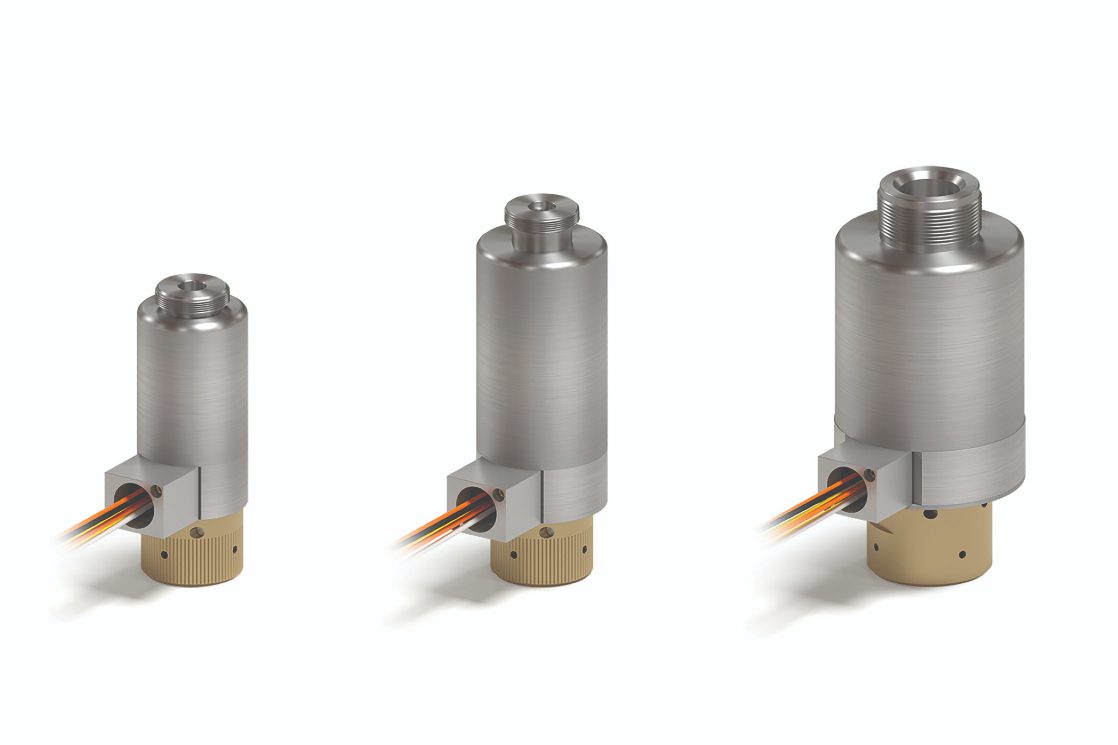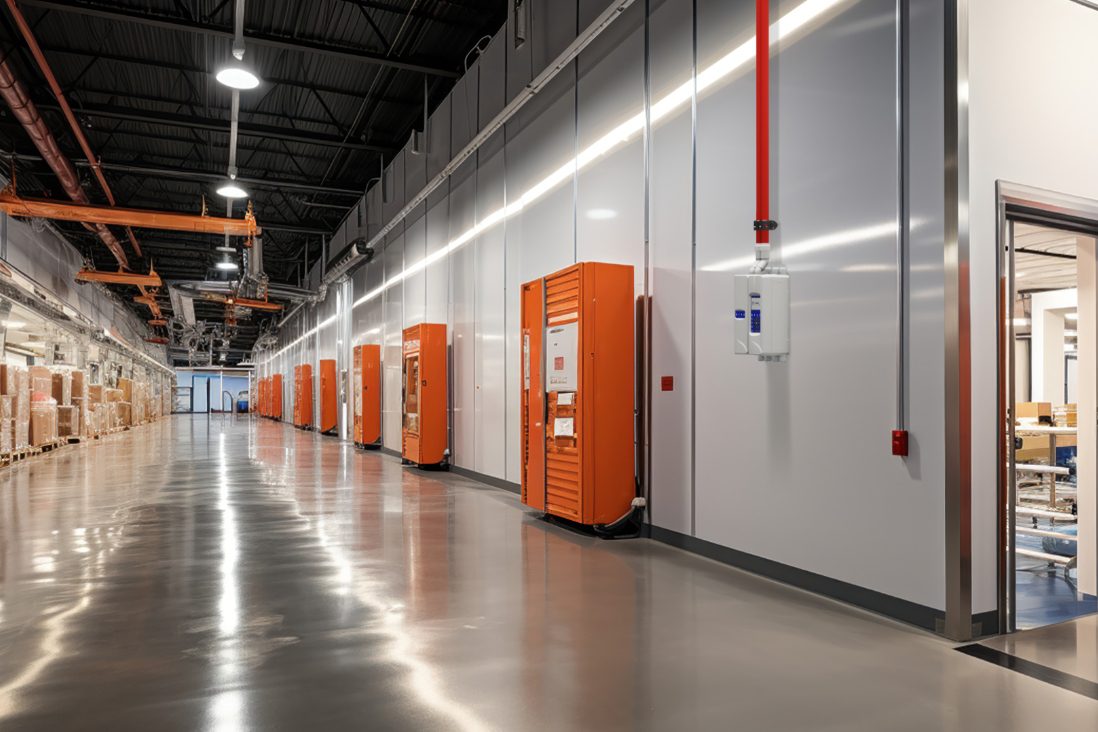As part of its 10-year strategic plan, ‘Transformation Morgan 2030: Leading the Future,’ Baltimore-based Morgan State University (MSU) has partnered with Siemens on its journey to becoming a smart and connected campus of the future.
Improvements currently underway include implementing a series of modernisation upgrades to the university’s heating, ventilation and air conditioning (HVAC), security and fire and life safety systems with a focus on energy efficiency, resiliency and sustainability. All work is umbrellaed under a master service agreement between Maryland Clean Energy Center, Siemens and MSU to support the university’s campus transformation.
Like many other higher education institutions, MSU must contend with significant deferred maintenance and infrastructure needs. COVID-19 helped accelerate the need for repairs and upgrades as facilities and equipment remained dormant or underutilized due to a campus closure. With the aid of Federal COVID Relief funding, the university has been able to address some areas of concern, such as improving indoor air quality; however, there is more work to be done. By way of its partnership with Siemens, MSU is taking proactive steps towards becoming a state-of-the-art “smart campus” focused on energy efficiency and production through systems integration and digitalisation with substantial investments in clean and renewable solutions.
“In our strategic plan we set a deliberate goal of improving campus-wide infrastructure to support operational excellence and increase overall institutional capacity. One of the ways in which this can be accomplished is through strategic investment in our campus facilities,” says David Wilson, Ed.D., president of Morgan State University. “In order to grow into the leaders that they are destined to be, our students require a healthy, safe, secure and resilient campus setting. Working in partnership with Siemens in developing a more sustainable learning/instructional environment for our community moves us in a positive direction.”
“The vision of this partnership in the areas of energy conservation, decarbonisation and STEM education will serve as a model for a Smart Campus by underlining our common commitment to sustainability and society,” adds Paul Hayes, president, Regional Solutions & Services, Americas for Siemens Smart Infrastructure USA. “We are proud to have a contributing role in MSU’s long-term strategic plan for institutional success.”
As Dr. Wilson notes, sustainability is important – not just for the campus and buildings but also, for the students and faculty. With a focus on helping institutions achieve their sustainability targets, Siemens Financial Services (SFS) – the financing arm of Siemens – is providing capital for this project.
“Sustainability and decarbonisation have been core initiatives for Siemens for many years,” says Head of SFS Commercial Finance Americas, Markus Edstrom. “We are happy to see institutions such as MSU taking the initiative to reduce their carbon footprint by focusing on their energy efficiency, which falls directly in line with SFS’ vision to help even more small and medium-sized enterprises transition to net-zero in the future.”
MSU remains top-ranked among Historically Black Colleges and Universities (HBCUs) for producing African-American graduates in electrical, civil and industrial engineering. Recently, Siemens, through support of the Siemens Empower Program, collaborated with Morgan’s Clarence M. Mitchell, Jr. School of Engineering to organize Mechatronics: PLC Programming Training for students pursuing a degree in Mechatronics Engineering. The training familiarises students with the Siemens S7-based learning system—covering such areas as programmable logic controller (PLC) operation, PLC programming, event sequencing, timer/counter PLC instructions and I/O simulators. The training begins this summer.
To read more exclusive features and latest news please see our May issue here.
Media contact
Rebecca Morpeth Spayne,
Editor, International Fire Buyer
Tel: +44 (0) 1622 823 922
Email: [email protected]










